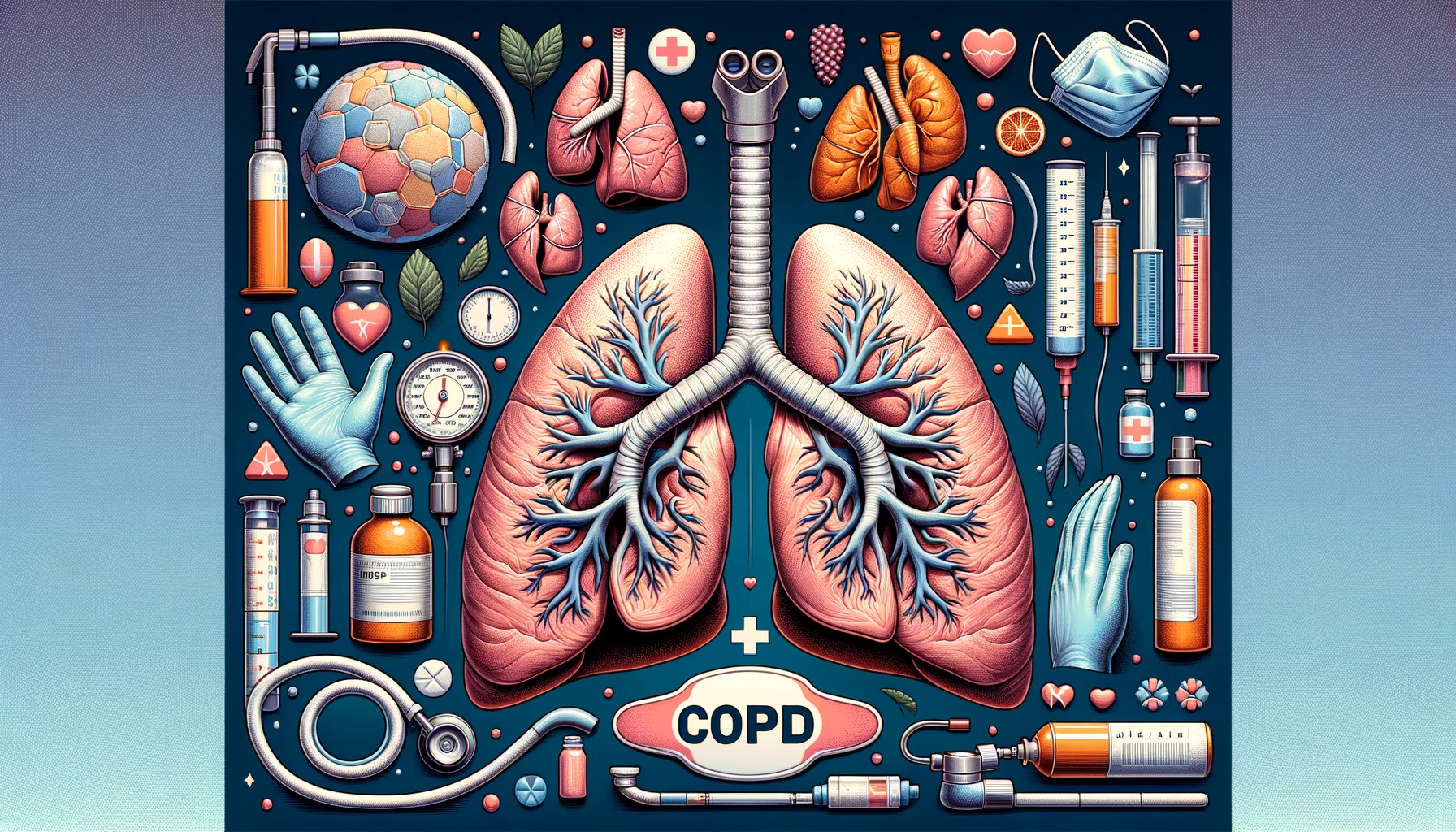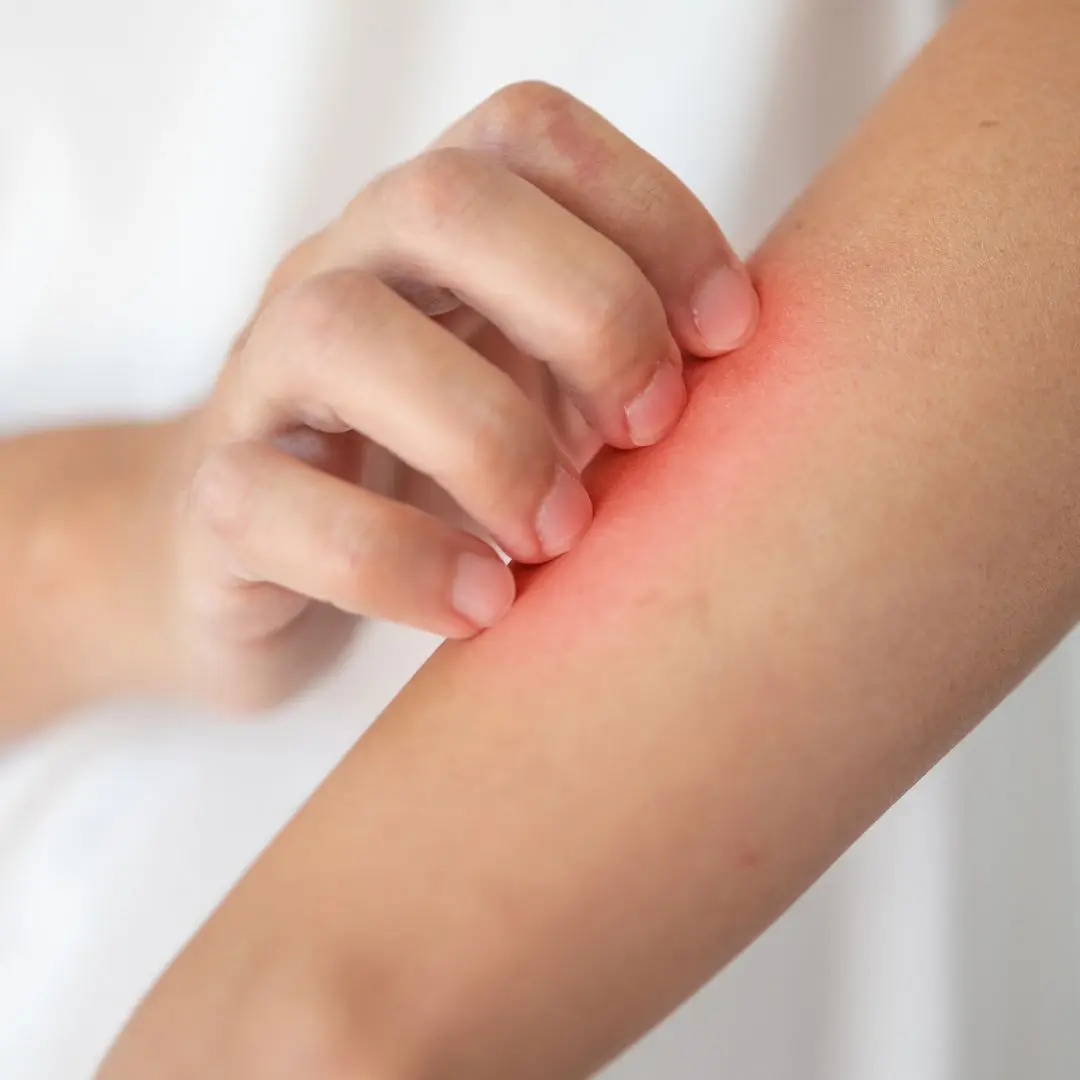As populations age worldwide, the incidence of chronic illnesses among seniors is becoming increasingly common.

Blog
Top 10 Most Serious Diseases Affecting the Elderly Worldwide
As populations age worldwide, the incidence of chronic illnesses among seniors is becoming increasingly common. It's essential to grasp these health issues thoroughly to enhance preventive measures, manage ongoing conditions, and improve overall well-being in the golden years. This guide delves into the ten most critical health challenges that the elderly face globally, exploring their origins, symptoms, and available treatments.
Heart disease encompasses a range of disorders affecting the heart function and structure, including coronary artery disease, arrhythmias, and heart failure. It remains the principal cause of mortality in the elderly across the globe.
Emerging research indicates that intermittent fasting—alternating between periods of eating and fasting—may enhance cardiac health by lowering blood pressure, cholesterol, and aiding in weight management. Nevertheless, seniors should seek medical advice before embracing this lifestyle change.
Strokes happen when the blood flow to a part of the brain is cut off or diminished, depriving brain tissue of oxygen and nutrients. This event can cause considerable physical and mental disabilities.
Key preventive actions include managing high blood pressure and diabetes, and adopting a healthy lifestyle. Rehabilitation therapies such as physical and speech therapy are vital in the recovery process.
Alzheimer's disease is a progressive neurological condition that results in the degeneration and death of brain cells, leading to dementia, which progressively worsens cognitive, behavioral, and social skills.
Although no cure exists for Alzheimer's, there are treatments available that can decelerate its progression. Supportive care environments and specialized memory care are beneficial in managing the symptoms.
COPD, a collective term for lung conditions that block airflow and make breathing difficult, includes prevalent diseases such as emphysema and chronic bronchitis.
Quitting smoking, utilizing inhalers, and engaging in pulmonary rehabilitation are effective methods for symptom management.
Diabetes, a disease that affects how the body processes blood glucose, can be predominantly type 1 or type 2, the latter being more common among the elderly.
Effective management involves regular monitoring of blood glucose, maintaining a balanced diet, exercising regularly, and, if necessary, using insulin or other medications.
Cervical cancer is highly treatable when detected early. Regular screening and HPV vaccinations are crucial for prevention.
Depending on the cancer stage, treatments may range from surgical interventions to radiation and chemotherapy.
These respiratory conditions are particularly dangerous for seniors, often leading to severe complications and even hospitalizations.
It is recommended that older adults receive annual vaccinations against influenza and pneumonia to prevent these illnesses.
Often progressing silently with minimal symptoms, CKD can lead to kidney failure if not managed properly.
Management strategies include controlling blood pressure and glucose levels, medication, and dietary modifications.
This autoimmune disorder primarily affects the joints, causing painful inflammation and potential deformity over time.
There is no cure for rheumatoid arthritis, but symptoms can be managed with medications, physical therapy, and occasionally surgery, to improve quality of life.
Depression in the elderly is often overlooked but can significantly impact physical health and quality of life. It’s treatable through a combination of medication, therapy, and social support. Recognizing depression's signs, such as persistent sadness or withdrawal, is key to effective management.
The health challenges faced by the elderly are complex and varied. By focusing on prevention, early detection, and management, caregivers and healthcare providers can significantly improve the quality of life for older adults. Always consult healthcare professionals to tailor approaches specific to individual health needs and conditions. Free free to contact HealthOK Global at +91-8047190955 or +1-888-462-1804 for any help.
Heart disease encompasses a range of disorders affecting the heart function and structure, including coronary artery disease, arrhythmias, and heart failure. It remains the principal cause of mortality in the elderly across the globe.
Strokes happen when the blood flow to a part of the brain is cut off or diminished, depriving brain tissue of oxygen and nutrients. This event can cause considerable physical and mental disabilities.
This section covers 7. Influenza and Pneumonia in detail.
Need Personalized Health Guidance?
Get expert advice tailored to your specific health needs from our qualified healthcare professionals.





